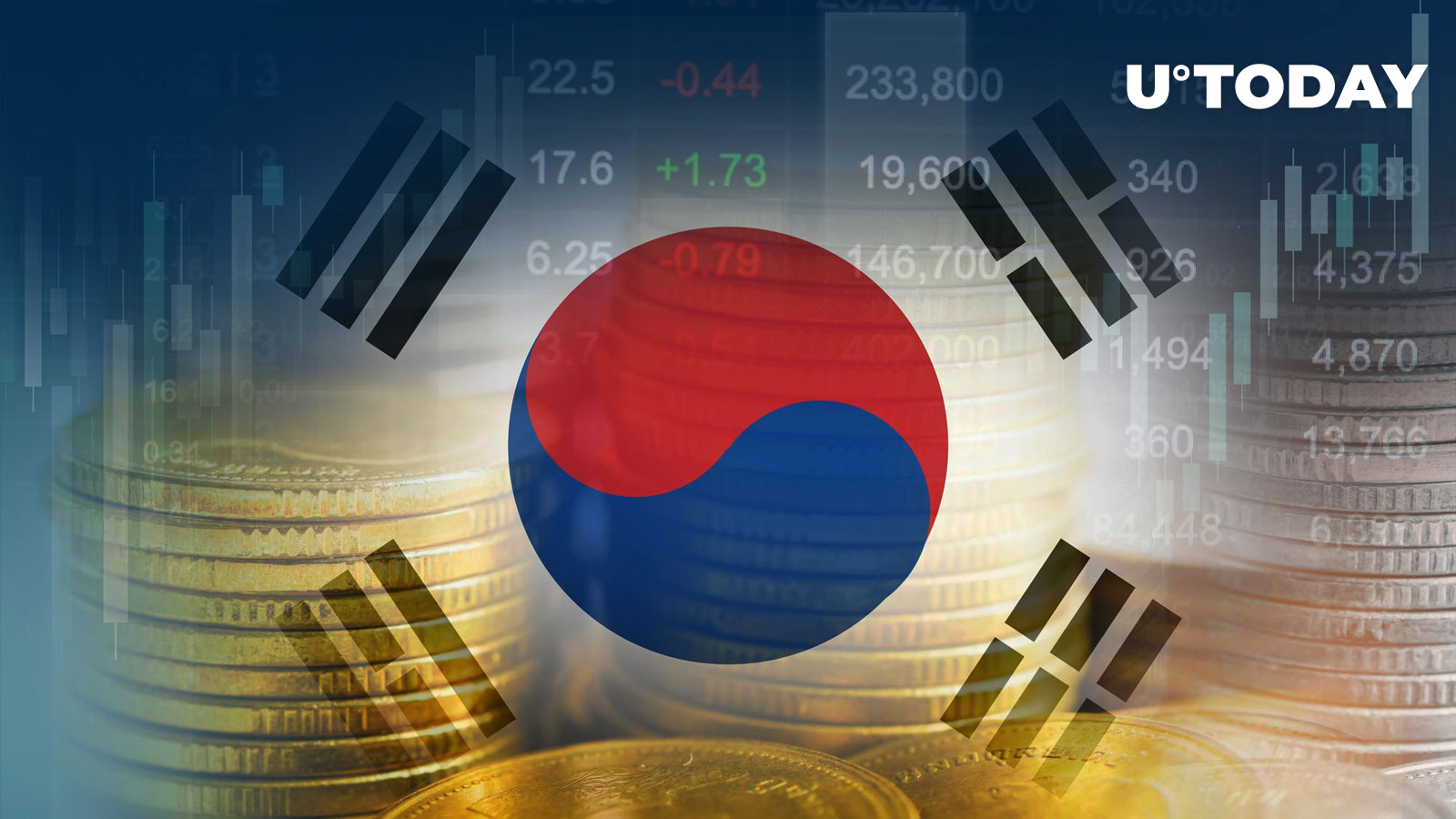South Korean lawmakers are not just debating policies; they are riding the roller coaster of cryptocurrency markets.
According to the most recent investigation by the Anti-Corruption and Civil Rights Commission (ACRC), independent Rep. Kim Nam-kuk, once a Democratic Party insider, turns out to be the crypto kingpin, single-handedly accounting for nearly 90% of the whopping $100 million traded by legislators.
The lawmakers collectively held 107 types of virtual assets, with Bitcoin being the most prevalent.
Overall, from May 2020 to May 2023, Kim traded 111 billion won ($85 million).
Assessing crypto ethics
Earlier this year, Kim’s cryptocurrency dealings prompted the parliamentary ethics committee to consider disciplinary actions against him.
The Ethics Investigation Advisory Committee examined irregularities surrounding Kim’s substantial virtual asset holdings and his cryptocurrency trading during National Assembly meetings. Despite the controversy, the commission noted that the trading activities did not violate the conflict of interest prevention law.
The most recent investigation faced limitations as it did not include the asset holdings of lawmakers’ family members or transactions through overseas cryptocurrency exchanges.
Crypto ownership in politics
The ACRC has recommended that the National Assembly establish a rule mandating lawmakers to report their virtual asset holdings.
In the United States, for example, there are no specific laws preventing lawmakers from owning or trading cryptocurrencies.
However, they are required to adhere to strict disclosure requirements under the STOCK Act, which mandates the reporting of any financial transactions, including those involving digital assets. In countries like France and Germany, lawmakers are expected to declare their financial assets, which would include cryptocurrencies.
The United Kingdom, meanwhile, does not have specific regulations for lawmakers trading in cryptocurrencies but does require them to register any financial interests that might be considered relevant to their political activities.
